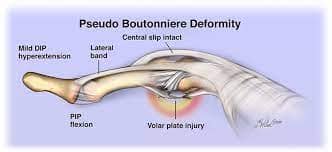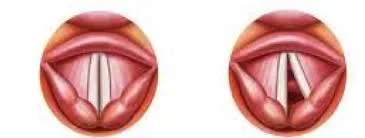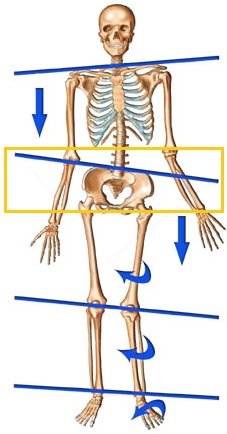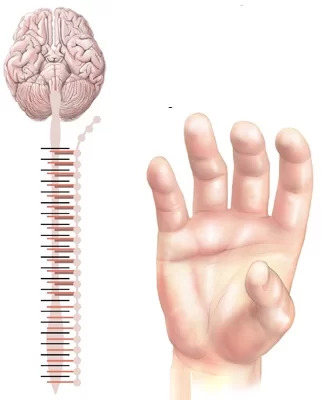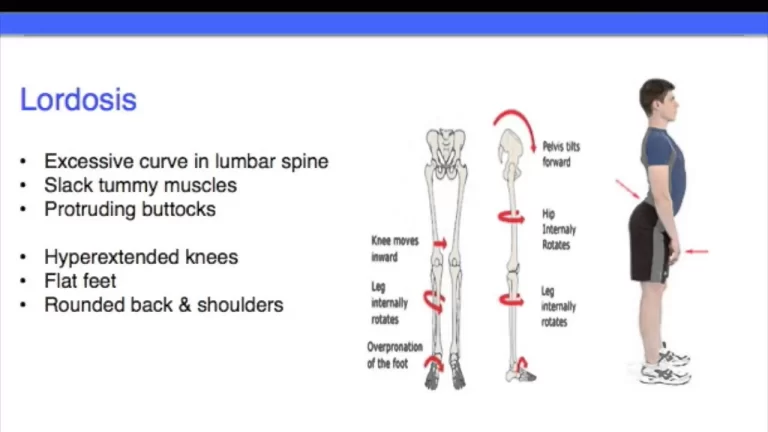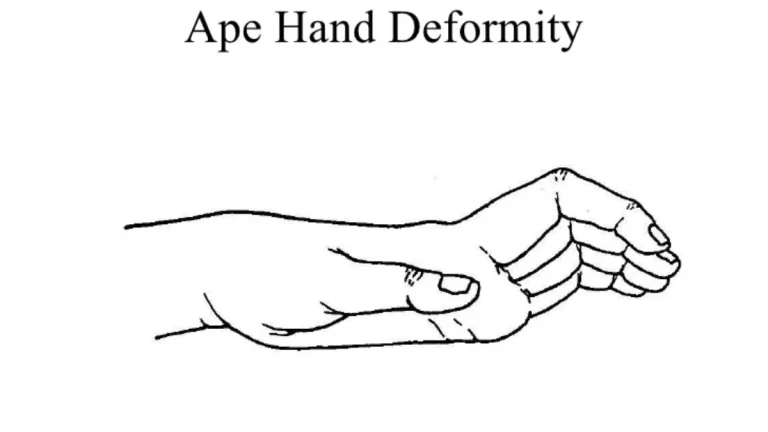Can Wry Neck Be Cured?
Wry neck, also known as torticollis, is a twist in the neck that causes the head to twist or tilt at odd angles.
This condition can be congenital or acquired, with symptoms ranging from mild discomfort to severe pain and limited range of motion.
Types of Wry Neck
Temporary torticollis
This type of wry neck mostly disappears after one or two days. It can be due to:
- swollen lymph nodes
- an ear infection
- a cold
- an injury to your neck and head that causes swelling
Fixed torticollis
Fixed torticollis is also known as acute or permanent torticollis. This is usually due to problems with muscle or bone structure.
Muscular torticollis
This is the most common form of fixed torticollis. It is caused by a scar or muscle strain on one side of the neck.
Klippel-Feil Syndrome
This is a rare congenital torticollis. This happens when the baby’s neck bones don’t form properly, especially as a result of the fusion of her two cervical vertebrae. Children born with this condition might have vision and hearing problems.
Cervical Dystonia
This rare condition is sometimes called spastic torticollis. This causes the neck muscles to spasmodically contract. If you have cervical dystonia, your head twists and twists to one side with pain. It can also tilt forward or backward. Cervical dystonia may go away without treatment, but there is a risk of recurrence.
Cervical dystonia can happen to anyone. However, it is most usually diagnosed in people between the ages of 45 and 60. It also affects women mostly than men.
Symptoms of Wry Neck
Symptoms of a sprained neck start slowly. It can also get worse over time. The most common symptoms are:
- Unable to move head normally
- Neck pain or stiffness
- Headache
- One shoulder higher than the other
- Swollen neck muscles
- Jaw tilted to one side
The faces of children with congenital wry necks may appear flattened and unbalanced. They may also have motor skill delays or difficulties with vision and hearing.
Cause of Wry Neck
The exact cause of the Wry neck is unknown.
Congenital torticollis is more likely to occur in firstborns. It may also be associated with congenital hip dislocation. The cause is likely the position of the fetus within the uterus, leading to damage to the neck muscles.
Acquired torticollis can be caused by inflammation of the collar from a viral infection, injury, or sudden movement. Other causes include:
- Sleeping in an uncomfortable position
- Neck muscle injuries at birth
- Burns
- Injuries that cause severe scarring and contraction of skin and muscles
- Neck muscle injuries Cramps
Twisting of the neck is also secondary Outcome components:
- Slippery surfaces (two small joints on the sides of the spine)
- Disc herniation
- Viral or bacterial infection
Diagnosis of Wry Neck
Your doctor would want to take your medical history and perform a physical exam. Be sure to tell them about any neck injuries that you might have faced in the past. Some types of tests might also determine the cause of your twisted neck.
The Electromyogram (EMG) measures the electrical activity in your muscles. It might determine which muscles are affected.
Imaging tests such as MRI scans and X-rays may also be used to find structural problems that might be causing your symptoms.
Treatment
There is currently no way to prevent a twisted neck. However, getting treatment might prevent the condition from worsening.
Stretching the neck muscles can improve the natural curvature of the neck. It can be very successful if started within the first few months of life. If these and other treatments are unsuccessful, surgery may fix the problem.
A doctor can treat acquired neck rotation if the cause is known.
Treatment for a curved neck may include:
- Application of heat
- Massage
- Physical therapy or chiropractic care
- Traction
- Stretching exercises
- Neck brace
Your doctor may recommend surgery, such as:
- fusing abnormal vertebrae
- lengthening neck muscles
- cutting nerves or muscles
- Use of deep brain stimulation to interrupt nerve signals (only used in the most severe cases of cervical dystonia)
Medications can be helpful. They can include:
- Muscle relaxants
- Medications to treat tremors associated with Parkinson’s disease
- Botulinum toxin injections (repeated every few months)
- Pain relievers
Prevention
There is no known way to prevent torticollis. But early treatment might help prevent your baby’s condition from getting any worse. And it might also prevent your baby from needing surgery later.
Start wry neck stretches with your baby within a few months of their birth. If you start quickly, you may also prevent the possibility of any long-term complications.


